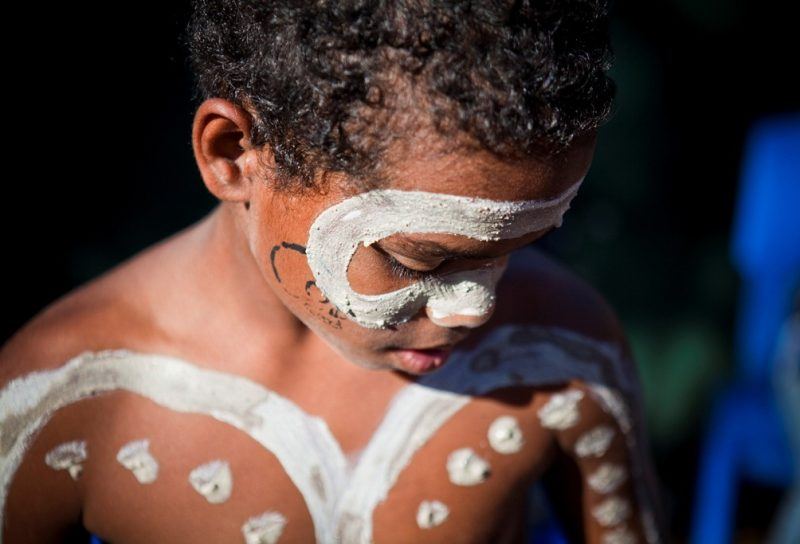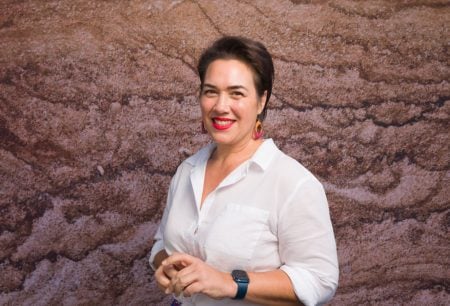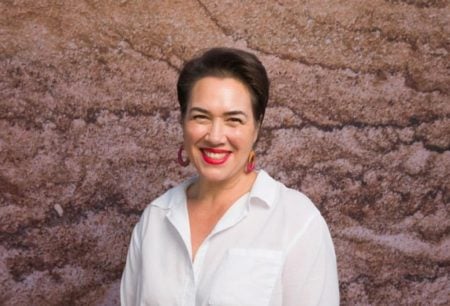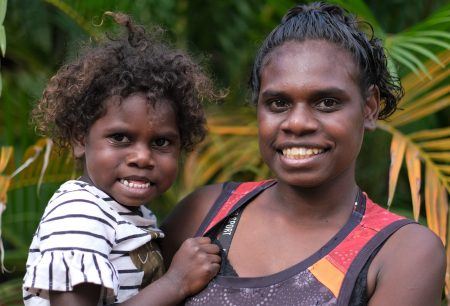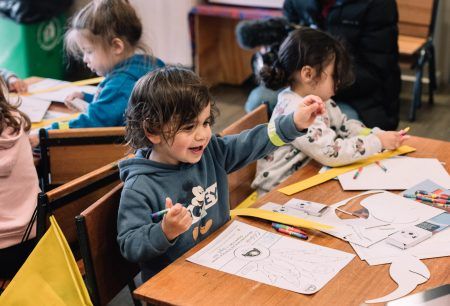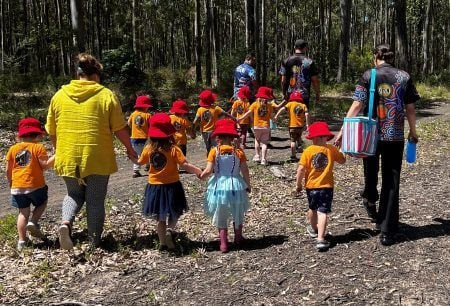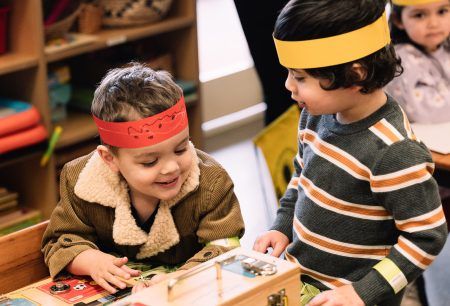
Early Childhood Development
Every child deserves a solid foundation in life. Our dedication to Early Childhood Development plays an important role in ensuring that all of our children receive the best possible start for lifelong learning and success.
Early Childhood Development
Child & Family Wellbeing
Safeguarding the wellbeing of Aboriginal and Torres Strait Islander children is of the utmost importance. We work to establish secure environments for children and families, creating communities where they can thrive.
Child & Family Wellbeing
Closing the Gap
We are committed to bridging educational and opportunity gaps for our children. By addressing systemic inequalities, all future generations will have access to culturally appropriate education and will not be over-represented in the child welfare system.
Closing the GapNews & Events
Early Years Support
Early Years Support is an early childhood education and care program aimed at strengthening Aboriginal and Torres Strait Islander community-controlled early years services, enabling them to offer high-quality, responsive and culturally strong resources for our children, families and communities.
Early Years SupportOur Programs
Our programs and campaigns provide a strong National Voice for Aboriginal and Torres Strait Islander children, that work to support their safety, development and wellbeing.
Learn more about our workJoin Us
Be part of our advocacy efforts and stay informed about our initiatives.
Become a member today and add your voice to the cause.

